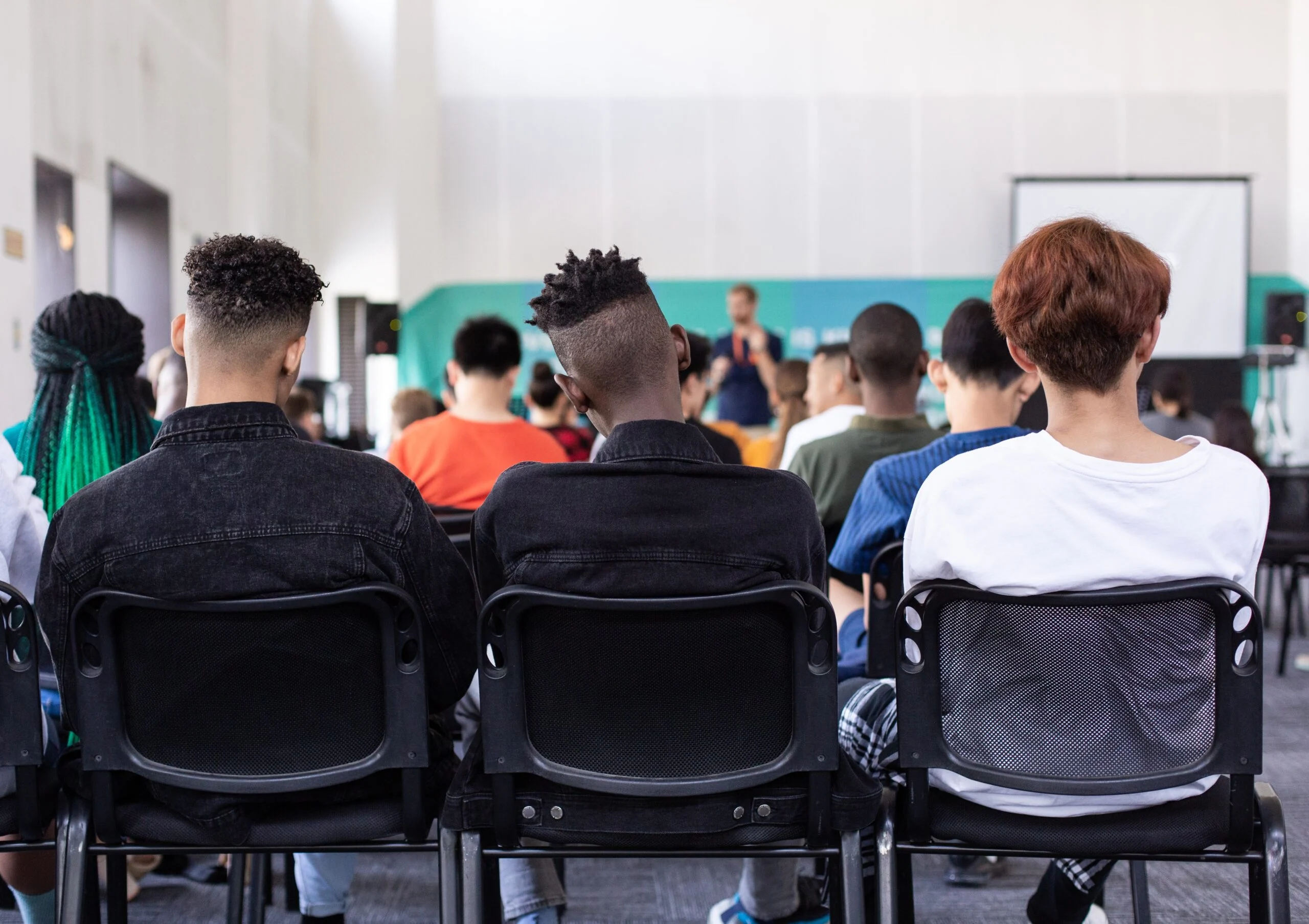
‘Affirmative Consent’: Major Reform to Consent Laws
Published on March 14, 2022 by David Ford and Stephanie McLuckie
In February 2022, every State and Territory Education Minister agreed that all Australian high school students will be taught about coercion in sexual relationships and how to seek, give and deny consent. This came one year after Chanel Contos launched her consent education petition that sparked new conversations across Australia about consent. The new curriculum will be taught from 2023.
NSW and Victoria already have curriculums which include consent, but these will now be aligned with the national curriculum.
Not coincidentally, the NSW and Victorian parliaments have been reviewing the criminal law about consent.
In NSW, changes to the consent provisions in the Crimes Act 1900 were passed in November 2021 and came into force on 1 June 2022. Also in November 2021, the Victorian Government announced a similar reform to an affirmative consent model in Victoria, with proposed legislation to be introduced to Parliament during 2022.
In NSW, the aim of the changes to the consent provisions is to recognise that:
(a) every person has a right to choose whether or not to participate in a sexual activity,
(b) consent to a sexual activity is not to be presumed,
(c) consensual sexual activity involves ongoing and mutual communication, decision-making and free and voluntary agreement between the persons participating in the sexual activity.
Now it is in force, the law will be:
(a) A person consents to a sexual activity if, at the time of the sexual activity, the person freely and voluntarily agrees to the sexual activity.
(b) A person may, by words or conduct, withdraw consent to a sexual activity at any time.
(c) Sexual activity that occurs after consent has been withdrawn occurs without consent.
(d) A person who does not offer physical or verbal resistance to a sexual activity is not, by reason only of that fact, to be taken to consent to the sexual activity.
(e) A person who consents to a particular sexual activity is not, by reason only of that fact, to be taken to consent to any other sexual activity.
(f) A person who consents to a sexual activity with a person on one occasion is not, by reason only of that fact, to be taken to consent to a sexual activity with that person on another occasion, or another person on that or another occasion.
Further, a person does not consent to a sexual activity if:
(a) the person does not say or do anything to communicate consent, or
(b) the person does not have the capacity to consent to the sexual activity, or
(c) the person is so affected by alcohol or another drug as to be incapable of consenting to the sexual activity, or
(d) the person is unconscious or asleep, or
(e) the person participates in the sexual activity because of force, fear of force or fear of serious harm of any kind to the person, another person, an animal or property, regardless of when the force or the conduct giving rise to the fear occurs, or whether it occurs as a single instance or as part of an ongoing pattern, or
(f) the person participates in the sexual activity because of coercion, blackmail or intimidation, regardless of when the coercion, blackmail or intimidation occurs, or whether it occurs as a single instance or as part of an ongoing pattern, or
(g) the person participates in the sexual activity because the person or another person is unlawfully detained, or
(h) the person participates in the sexual activity because the person is overborne by the abuse of a relationship of authority, trust or dependence, or
(i) the person participates in the sexual activity because the person is mistaken about the nature of the sexual activity, or the purpose of the sexual activity, including about whether the sexual activity is for health, hygienic or cosmetic purposes, or
(j) the person participates in the sexual activity with another person because the person is mistaken about the identity of the other person, or that the person is married to the other person, or
(k) the person participates in the sexual activity because of a fraudulent inducement.
This list does not limit the grounds on which it may be established that a person does not consent to a sexual activity.
A person is taken to know that another person does not consent to a sexual activity if:
(a) the accused person actually knows the other person does not consent to the sexual activity, or
(b) the accused person is reckless as to whether the other person consents to the sexual activity, or
(c) any belief that the accused person has, or may have, that the other person consents to the sexual activity is not reasonable in the circumstances.
Among other things, a belief that another person consents to sexual activity is not reasonable if a person did not, within a reasonable time before or at the time of the sexual activity, say or do anything to find out whether the other person consents to the sexual activity.
In summary, the goal of the new consent provisions is to require an ‘enthusiastic yes’ for consent. As a person will not be able to simply presume that someone consents, it should be easier to prosecute sexual assault cases. This is intended to address the current ‘grey areas’ around an accused person’s belief that someone was consenting, particularly where the alleged victim has had a ‘freeze’ response in a fearful situation and may be physically and verbally unable to stop a perpetrator.
It is important that all students and staff in NSW are aware of these changes to the sexual consent laws and are aware of the resources available to educate them about affirmative consent.
During 2021, the NSW Department of Education Department conducted an extensive survey of parents and carers about how to better understand and support students’ consent education. The Department aims to continue to integrate the findings from the survey in its work to strengthen consent education in NSW. The Department will continue to work to expand its resource hub for teachers, to also include resources for parents, such as information about what children are learning at each stage of their schooling. Independent schools need to follow suit.

